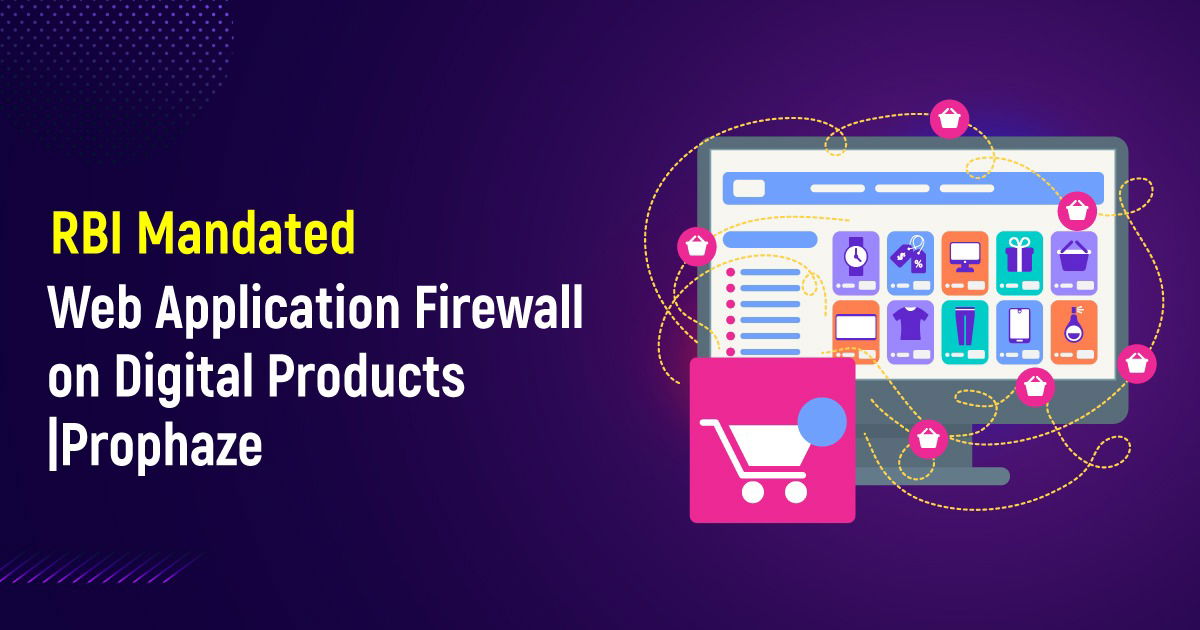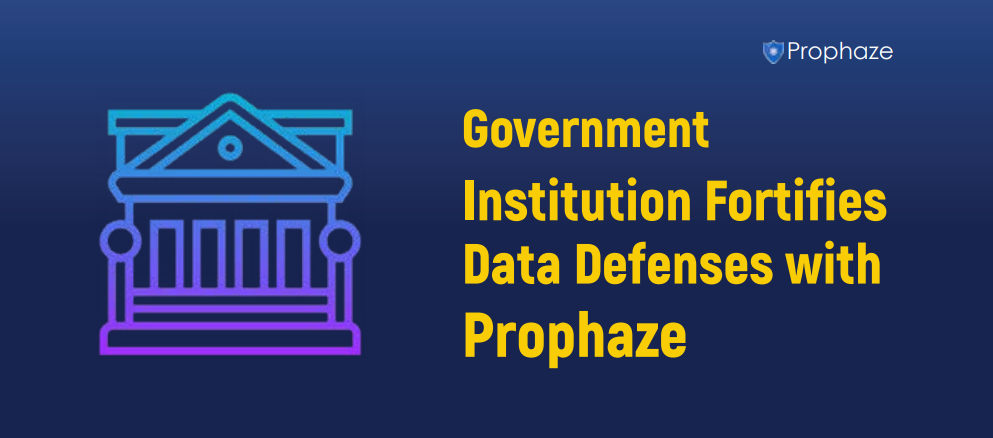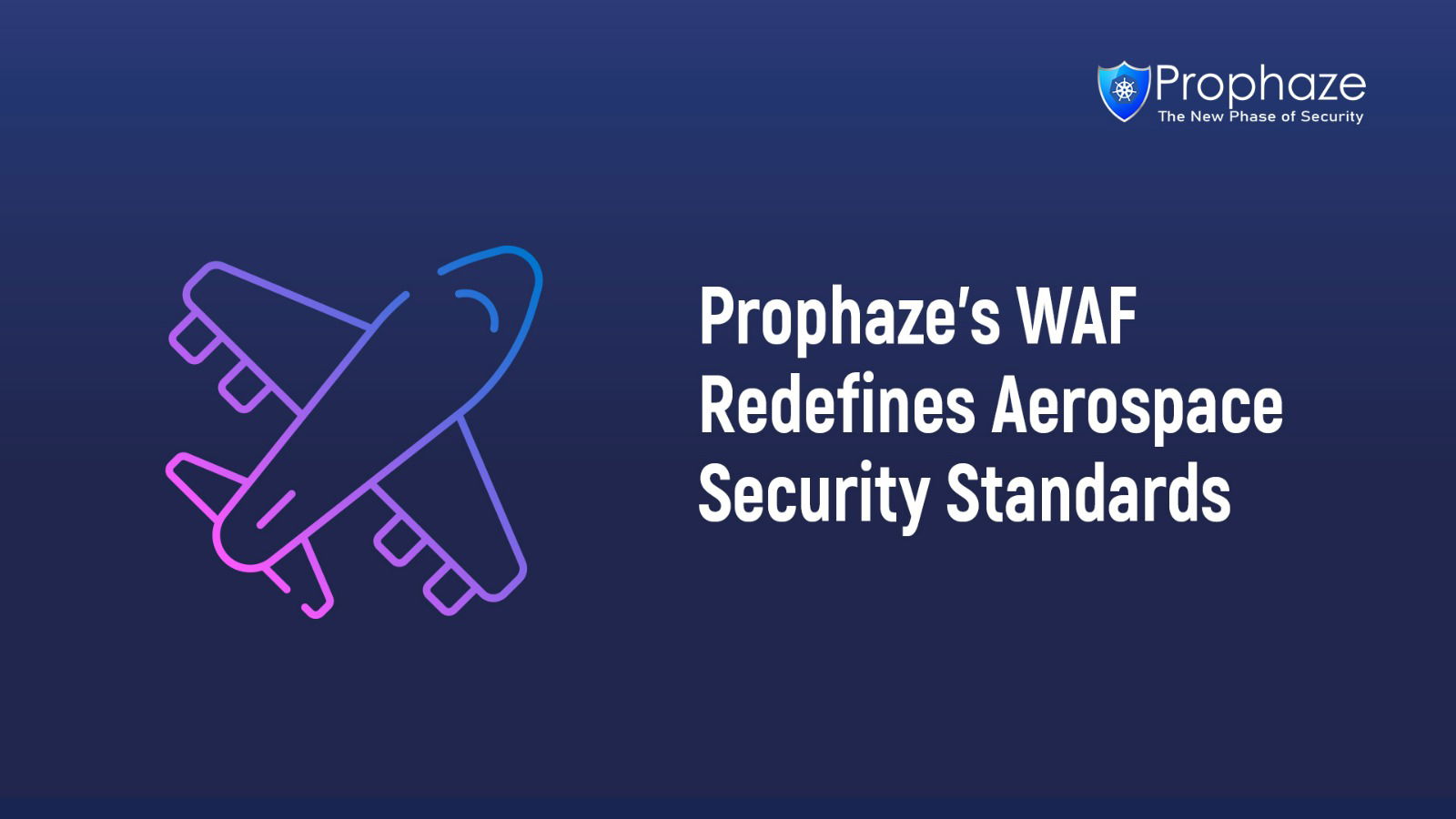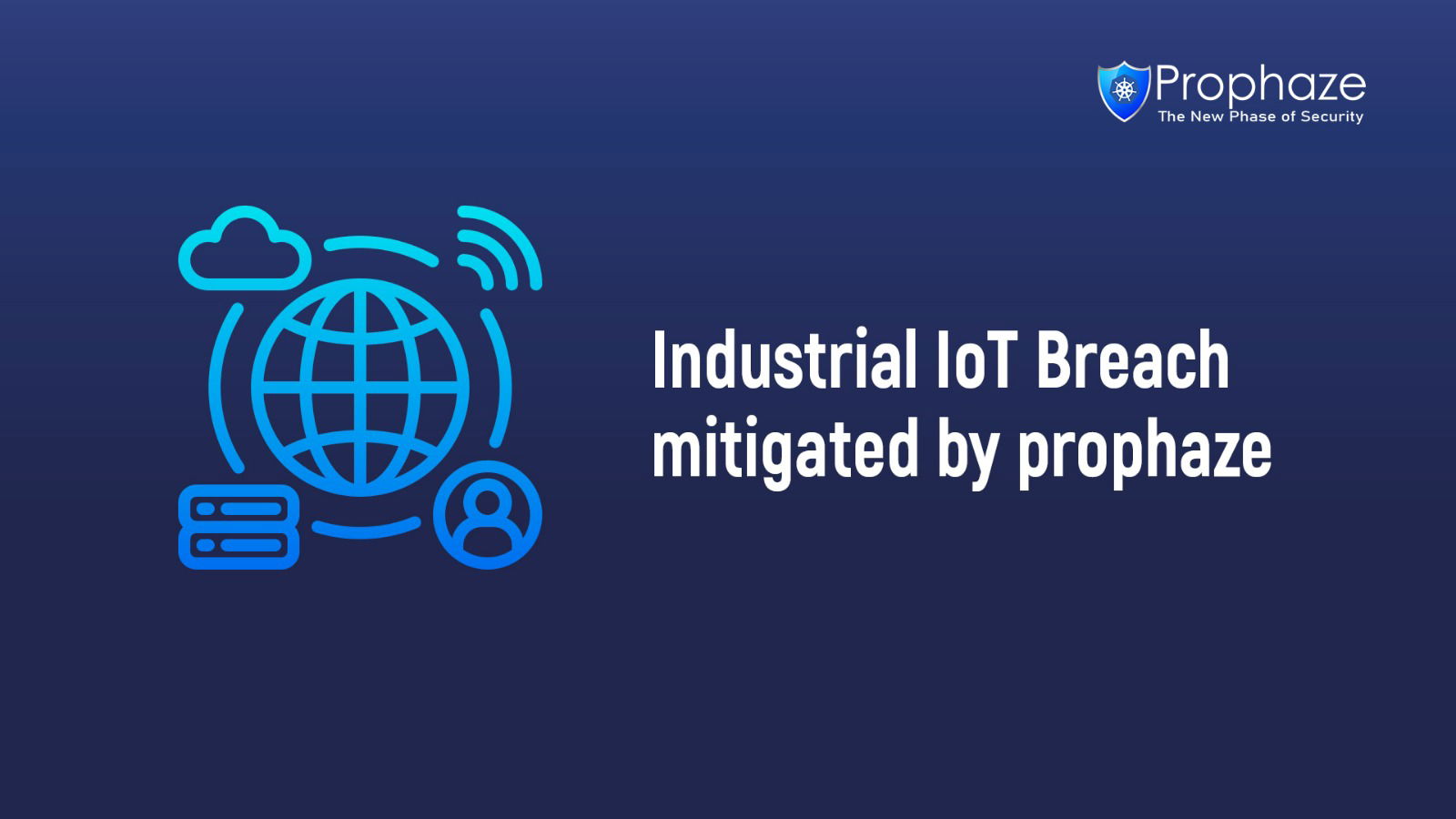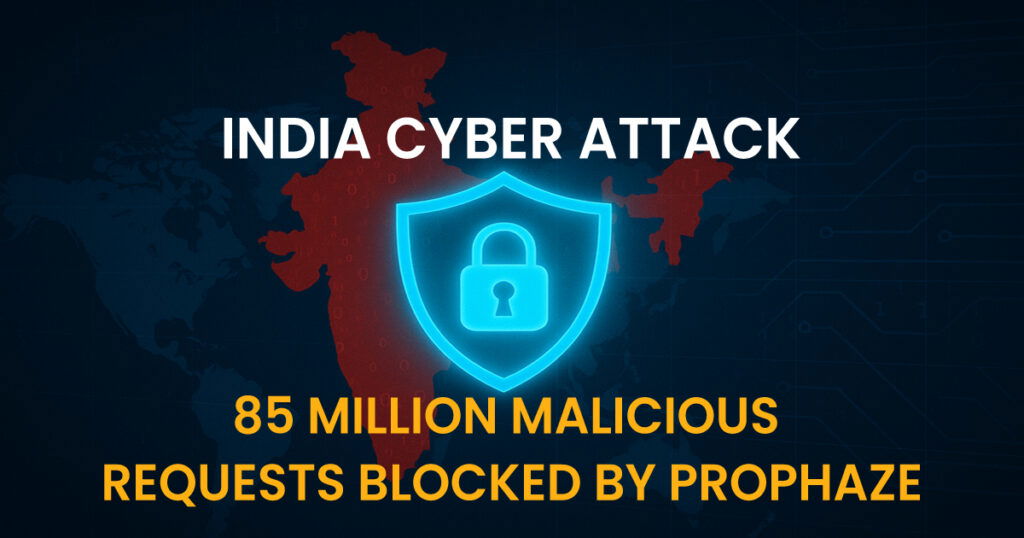The Reserve Bank of India (RBI) has recently mandated the implementation of web application firewalls (WAFs) and DDoS mitigation techniques to secure digital payment products and services in an era characterized by rapid digital transformation and escalating cyber threats.
The Evolving Threat Landscape
The proliferation of digital products and services has created unprecedented convenience and efficiency. But it has also provided fertile ground for cybercriminals to exploit vulnerabilities and launch more sophisticated attacks. From SQL injection and cross-site scripting to distributed denial-of-service (DDoS) attacks, organizations face daily threats that can have catastrophic consequences, including data breaches, financial losses, and defamation of reputation.
Traditional security measures, such as firewalls and antivirus software, are not enough to protect against these evolving threats. Cybercriminals are using sophisticated methods and techniques to bypass traditional defenses, underscoring the need for comprehensive cybersecurity solutions.
RBI's Financial Stability Report 2023 Highlights Rising Cyber Threats
-
The RBI’s Financial Stability Report (FSR) projects a 30% rise in cyber threats by 2023 compared to the previous year.
-
In the past two years, cyberattacks targeting digital payment systems have increased by more than 45%, with phishing and malware being common methods.
-
A study by a cybersecurity company found that 65% of mobile banking applications surveyed had at least one security vulnerability.
-
Fraudulent transactions in the card payment industry increased by 20% over a year, primarily due to card scanning and payment card fraud attacks.
The Role of Web Application Firewalls (WAFs)
Web application firewalls (WAFs) have emerged as an integral part of modern cybersecurity strategies. Unlike traditional firewalls focusing on network traffic, WAFs operate at the application level, providing granular control over incoming and outgoing web traffic By analyzing HTTP requests and responses, WAFs can detect and block malicious activity, including SQL injection, XSS attacks, and bot traffic.
This regulatory action highlights the critical need for strong cybersecurity measures to protect sensitive data, defend against malicious attacks, and ensure digital communications, with an emphasis on the truth.
RBI-mandated Web Application Firewalls (WAFs)
In response to these growing cyber threats, the RBI has mandated the use of web application firewalls (WAFs) on digital products. The directive aims to strengthen the security level of digital payment systems, mobile banking applications, and card payments. Vulnerabilities such as weak authentication methods and misuse of payment information pose a significant risk, making the adoption of WAFs essential to mitigate fraud, data breaches, and the threat of cyber attack.
Addressing Critical Challenges with WAFs

Flaws in digital payment systems:
Inadequate authentication methods and insecure APIs put payment data at risk. WAFs protect against data breaches by detecting and blocking malicious traffic.
Increased risk of fraud:
The rise of online transactions increases the risk of fraud. WAFs provide improved bot mitigation, protect against vulnerabilities, and reduce economic losses.
Security Problems in Mobile Banking Applications:
Mobile banking applications are vulnerable to malware and unauthorized access. WAF integration strengthens integrity and encrypts data.
Challenges in Card Payments Security:
Card payments face security challenges like skimming and unauthorized transactions. WAFs detect and block suspicious activities, enhancing card payment security.
This regulatory intervention underscores the critical importance of robust cybersecurity measures to safeguard sensitive data, protect against malicious attacks, and ensure the integrity of digital transactions.
Strengthening India's Financial Ecosystem
The RBI’s’sandate for WAF implementation underscores the critical importance of cybersecurity in today’s digital landscape. By addressing vulnerabilities in digital payment systems, mobile banking applications, and card payments, organizations can mitigate the risks of fraud, data breaches, and cyber attacks, ensuring the resilience and security of India’s financial ecosystem. Embracing solutions like Prophaze enables organizations to stay ahead of evolving threats and safeguard their digital assets, fostering trust among consumers and stakeholders.

